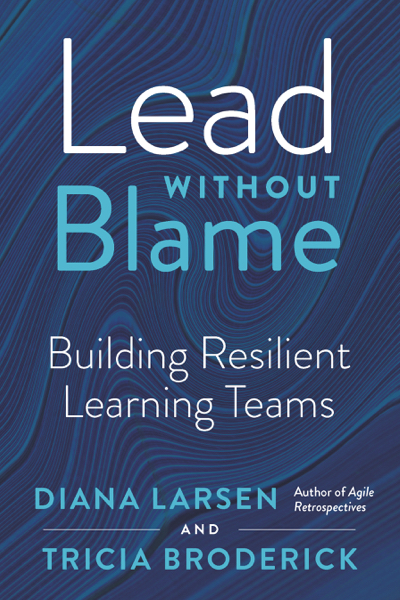To extend on last week’s post on feedback ratings for speakers, I want to spend a little time on the comments received on these feedback forms.
I read every single form. I flip them over to make sure I catch any bit of information that an attendee decided to give me. The positive feedback is always lovely to hear and I go a step further by trying to determine the trend of that feedback. So I will put the forms in piles such as energetic delivery or inspiring. I want to know the big elements that hit for people with this topic: was it just the delivery, was it motivating, was it informative, etc.
In my experience, I will get a couple of forms that have something written in the form of growth. The ones that are very specific and direct are also easy for me. I analyze and make the appropriate change.
Then every so often I get a form that gets under my skin. Again, this is not a preference for not receiving feedback. I absolutely value the information. My issue is that I value it too much at times even knowing these issues:
- Sometimes the feedback is just wrong. Gutsy to say but it’s true. I read a feedback form on a 30 min presentation that a colleague did. It was absolutely on target but the form said “not enough depth – need more information”. To expect a speaker to go into depth on an experience report in 30 minutes is completely unrealistic. The hard part is that this feedback stays with you regardless because you can’t have a conversation with the person who said it. You don’t want to just dismiss something so it needles at you. Yet, you can’t tweak anything you did except give an even bigger disclaimer at the top of the session.
- Here’s the deeper issue…it’s anonymous! I can’t do anything to understand the perspective of the feedback. And I always want to have a deeper conversation when I read something. I’ll think…”oh, that’s not my intent. Why did you feel that way?” or “Where did it feel a little long?” But I can’t because there is no name. Instead, I’m left to guess or ignore. Both just feel wrong to me. I want to learn. I may learn something I could do to minimize that reaction or I may learn that I couldn’t have minimized that reaction. In either case, I gained understanding. With the current approach, I’m left wondering.
Overall, I’m able to focus in on the trends of the good outweighing the others. The most recent appreciation comment that has me flying high was “Thank you. You’ve inspired me more (much more) than you could possibly think. You taught me to trust myself :)”. Right there, that’s worth every minute of preparation. Every minute of vulnerability on that stage. Yet, as someone who is committed to continuous learning, I also focus in on getting this comment for the exact same session “Found it very repetitive and very self promoting. Concept was good but exaggerated.” I don’t want to dismiss this one-off comment that I received. I want to understand what felt repetitive and exaggerated. My goal was to be vulnerable and share personal stories to relate and motivate/inspire, how did that present as self-promoting? Not because I think this person is nuts but because I believe this was their perception. However, I can’t do anything with this feedback without more information. And because it’s anonymous, I can’t. Instead, I have to keep it in my mind when I create the next session in hopes that I’m correcting the right things.
So just like the last post, I’m going to really challenge myself that the next time I have to give constructive feedback at a conference, I’m going to write my email address down.
How has anonymous feedback impacted you?




